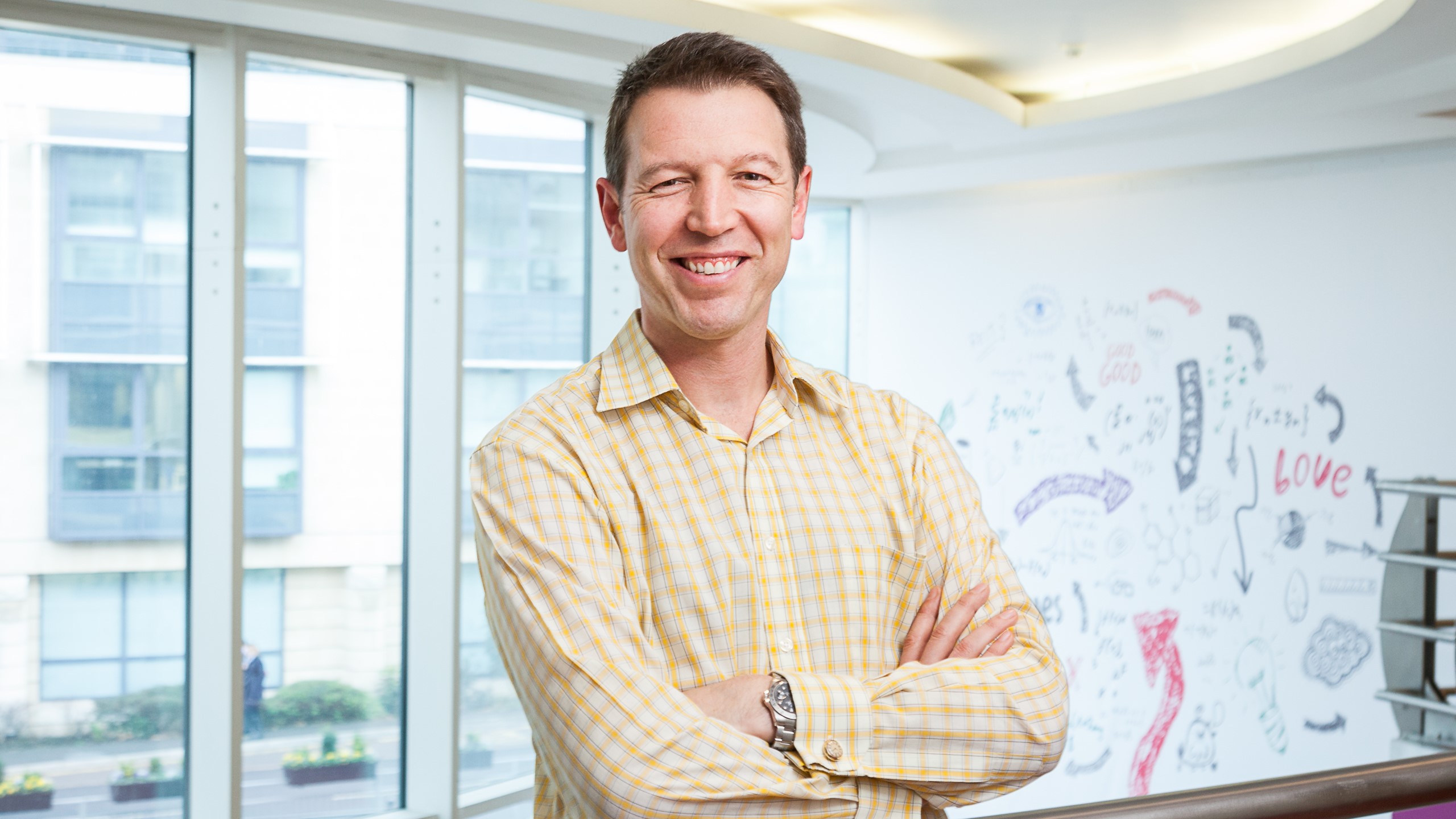Three CEO: Not everyone will want or need full fibre
Dave Dyson says 5G FWA is a genuine alternative to fibre

Three CEO Dave Dyson has once again positioned 5G-based Fixed Wireless Access (FWA) broadband as a genuine alternative to fixed, arguing that most people don’t need the speeds afforded by full-fibre.
The operator is set to launch its 5G network in August, initially offering 5G FWA in central London, before offering a mobile service in 25 cities across the UK. The FWA offering is based on an existing 4G network it inherited from Relish in 2017.
5G FWA has often been mentioned as a way of connecting areas where the economics of fibre are a challenge, but Dyson is going one step further, suggesting the capacity and 100Mbps speeds will have broader appeal.
- Three CEO: Capacity is the true 5G revolution
- What is 5G? Everything you need to know
- 1 in 7 mobile connections will be 5G
'A genuine alternative'
“The reality is that home broadband today is already wireless [regardless of technology], because most devices connect via Wi-Fi,” he argued at Connected Britain.
“Most customers don’t care how they are connected to the Internet so long as it works and is good value. Only 15 per cent of the market needs or wants more than 100Mbps – even streaming services don’t need that [not even 4K].
“I’m not sure whether the customer need is there yet in terms of people wanting or be willing to pay for 1Gbps.”
To support its claims, Three commissioned a study from Ovum which found that 5G FWA would be capable of delivering speeds of up to 100Mbps – more than double the average UK fixed line peed of 46Mbps. However, it’s worth nothing that fibre to the cabinet (FTTC) can deliver up to 76Mbps, while full fibre can offer significantly more.
Are you a pro? Subscribe to our newsletter
Sign up to the TechRadar Pro newsletter to get all the top news, opinion, features and guidance your business needs to succeed!
Dyson also claimed that 5G FWA would be cost effective for consumers and was cheaper and quicker to deploy than fibre because it doesn’t require the deployment of cables to the home.
Will there be coverage?
He said that 80 percent of the traffic on Three’s network could be transmitted over 5G infrastructure by 2022, adding that only 44 per cent of UK premises would be able to access fibre to the premise (FTTP) by 2025.
“Realistically, it will be more than a decade before the majority of the UK can access FFTP and even then, there is a cost issue,” he said.
However, such a claim does not indicate that Three’s 5G coverage will be widespread. The majority of mobile traffic is generated in urban areas well served by mobile infrastructure, rather than the rural areas that others believe FWA can have a major impact.
Huawei, for example, doesn’t believe the majority of the UK will have access to 5G until 2027.
Meanwhile, others – such as Hyperoptic – believe fibre-based broadband services won’t be any more expensive, if at all, than copper-based services.
Fibre and 5G
Indeed, it is generally accepted that full fibre will be the predominant technology used to provide ultrafast broadband, but technologies like 5G FWA will be required to connect the final 10-20 percent of the UK.
Despite his belief that “government and Ofcom have focussed too much on full fibre,” Dyson acknowledged the importance of fibre in supporting mobile networks, particularly when it comes to the backhaul element of 5G.
“Fibre is still a critical part of the connectivity solution and therefore it is critical we strive for the best fibre rollout,” he said. “Competition is key so we can access fibre at the right price and [of sufficient] quality when it makes sense to switch from mobile backhaul to fibre backhaul. Our target architecture is to have dark fibre at our sites.”
- Here are the best Three mobile deals for June 2019
Steve McCaskill is TechRadar Pro's resident mobile industry expert, covering all aspects of the UK and global news, from operators to service providers and everything in between. He is a former editor of Silicon UK and journalist with over a decade's experience in the technology industry, writing about technology, in particular, telecoms, mobile and sports tech, sports, video games and media.